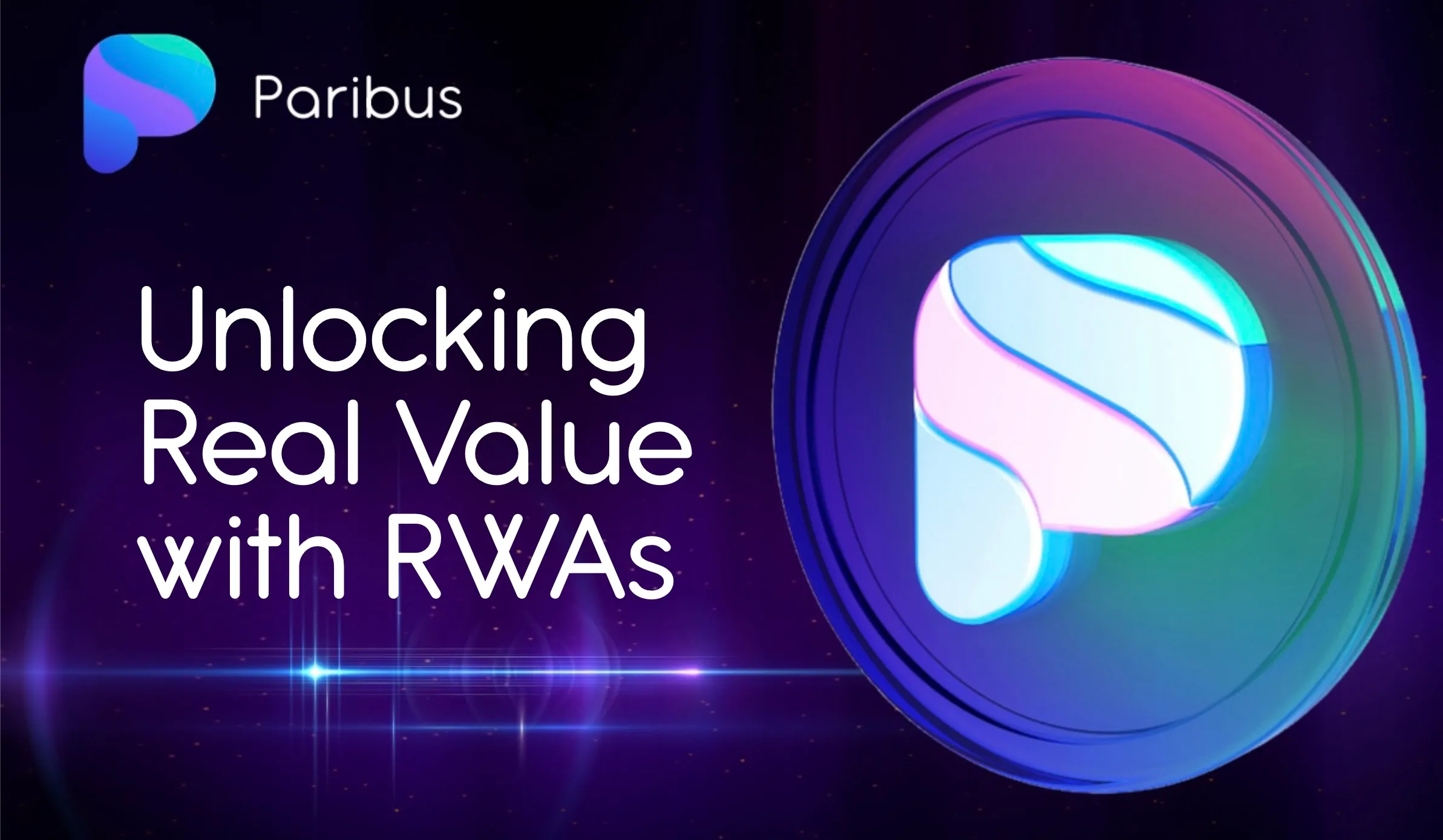From Crackdown to Meltdown
In a stunning legal setback for the U.S. Securities and Exchange Commission (SEC), the agency suffered a major defeat this week in a lawsuit brought by Grayscale Investments over its disapproval of the firm’s application to turn their Bitcoin Trust into an exchange-traded product (ETP).

In a stunning legal setback for the U.S. Securities and Exchange Commission (SEC), the agency suffered a major defeat this week in a lawsuit brought by Grayscale Investments over its disapproval of the firm’s application to turn their Bitcoin Trust into an exchange-traded product (ETP). While the ruling doesn’t guarantee that Grayscale’s trust will become an ETP, this significant loss by the SEC could be a watershed moment for the cryptocurrency industry.
Gary Gensler, the SEC’s Chair, has been vociferously critical of cryptocurrencies, endeavoring to rein in an industry he views as teetering on the brink of regulatory anarchy. The loss marks the second court ruling that directly challenges the SEC’s posture on cryptocurrency, severely compromising their efforts to tightly control the sector and potentially paving the way for approval of a spot Bitcoin ETP in the near future.
The background of this legal drama traces back to Grayscale’s establishment of its Bitcoin Trust, known as GBTC, which was granted status as a restricted security. As such, trading of GBTC has been confined to accredited investors — those with an annual income exceeding $200,000 or significant net worth — and over-the-counter (OTC) markets not registered with the SEC.

The main disadvantage for GBTC of not being traded on an exchange is that they cannot offer continuous share redemption and creation. This stops them from ensuring their share price stays consistent with the value of Bitcoin. As such, they trade at a discount or premium, depending on the market demand for shares in the trust.
Even though Greyscale’s application to convert GBTC into an ETP was rejected, the SEC approved two other Bitcoin ETPs. The difference between them was that Greyscale wanted their ETP to be based on the live, or spot, price of Bitcoin, whereas the approved ETPs were based on the price of future contracts for Bitcoin. Future contracts are derivatives in that they don’t hold any of the assets, whereas a spot ETP holds the actual underlying asset itself.
In general, spot ETPs are considered safer and more accurate investments than futures ETPs, which is why the crypto industry needed clarification on the SEC’s approach to deny the product, which would be better for investors. Greyscale’s case argued that the structure of their ETP and the approved ones were the same.
They said, “Grayscale’s primary argument is straightforward: the Commission acted arbitrarily and capriciously by denying the listing of Grayscale’s proposed bitcoin ETP and approving the listing of materially similar bitcoin futures ETPs.”
The judge agreed, stating, “Grayscale has demonstrated its proposed bitcoin ETP is materially similar, across relevant regulatory factors, to the approved bitcoin futures ETPs. First, the underlying assets — bitcoin and bitcoin futures — are closely correlated. And second, the surveillance sharing agreements with the CME are identical and should have the same likelihood of detecting fraudulent or manipulative conduct in the market for bitcoin and bitcoin futures.”
Adding, “Under the first prong of the significant market test, the Commission failed to provide the necessary “reasonable and coherent explanation” for its inconsistent treatment of similar products. The Commission also applied the second prong of the significant market test unreasonably. We conclude the Commission’s reasons for differentiating Grayscale from the bitcoin futures ETPs again fall short.”

The repercussions of this ruling extend well beyond Grayscale. The SEC’s rationale for rejecting Grayscale’s ETP mirrors its justifications for denying every other spot Bitcoin ETP proposal. Critics argue that future rejections are virtually assured to result in litigation, eroding the SEC’s credibility as a regulatory body fit to oversee the cryptocurrency market.
The chair of the U.S. House Financial Services Committee that oversees the SEC wrote, “SEC Chair @GaryGensler’s crusade against the digital asset ecosystem is falling apart under scrutiny from the courts. This is yet another example of why a comprehensive regulatory framework, like the FIT for the 21st Century Act, must be made law.”
Although the SEC has 45 days from the judgment with which to appeal, the question is how much longer the Biden administration can risk being on the wrong side of history. There is a growing chorus of dissent towards Gary Gensler’s harsh approach from politicians and senior staff within the SEC.
Join Paribus-
Delegate Your Voting Power to FEED DRep in Cardano Governance.
DRep ID: drep12ukt4ctzmtf6l5rj76cddgf3dvuy0lfz7uky08jfvgr9ugaapz4 | We are driven to register as a DRep by our deep dedication to the Cardano ecosystem and our aspiration to take an active role in its development, ensuring that its progress stays true to the principles of decentralization, security, and community empowerment.DELEGATE VOTING POWER!







